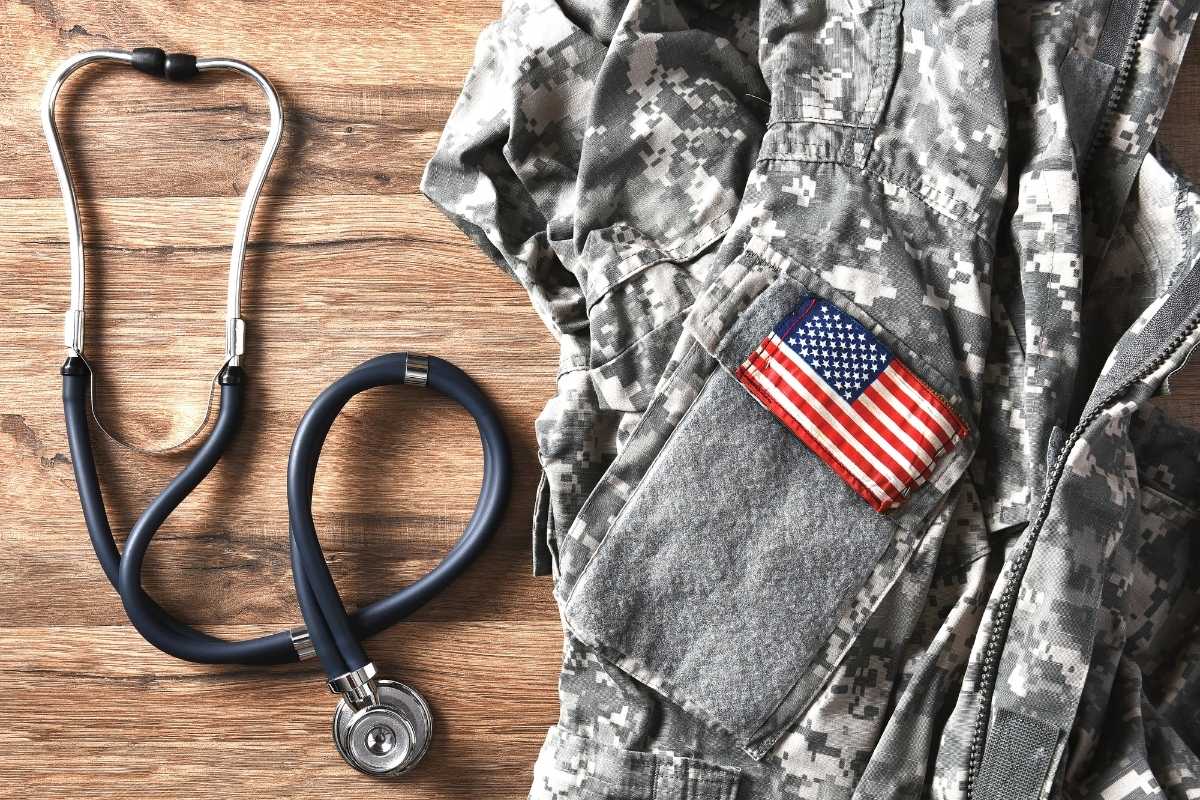
SOUTHERN CAREERS INSTITUTE
Category: Veterans & Military
Best Jobs for Veterans [Updated for 2021]
At Southern Careers Institute (SCI), we appreciate our veterans every day. And we are glad to support the impact of veterans on the economy. We\’re also proud to help our nation\’s finest men and women transition into their civilian careers. With that pride in mind, we’ve considered the opinions ...
Read More
MyCAA-Approved Online Programs in Texas
If you need financial assistance to complete your education there are many resources available. One avenue to explore is the MyCAA approved online programs such as MyCAA Scholarship Program. MyCAA is a government-funded program that offers grants to the spouses of active-duty military service members for their education. In Texas, ...
Read More
Search:
Most Popular:
Categories:
Categories
- About SCI
- Administrative Assistant
- Automotive Service Technician
- Blog
- Brownsville
- Business Accounting Specialist
- Business Administration
- Career Services
- CDL-A
- Computer Support Specialist
- Corpus Christi
- Cosmetology
- Data Science
- Electrical Technician
- Financial Aid Services
- HVAC
- Management Associates
- Manicure Technician
- Medical Assistant
- Medical Billing And Coding Specialist
- Medical Billing Coding Online
- Medical Office Specialist
- Mobile Application Developer
- Nurse Aide
- Online
- Pharmacy Technician
- Powered by WOZ
- Press Release
- Quiz
- San Antonio North
- San Antonio South
- SCI Spotlight
- Software Development
- Technical School
- Trade School
- Veterans & Military
- Vocational School
- Welding











